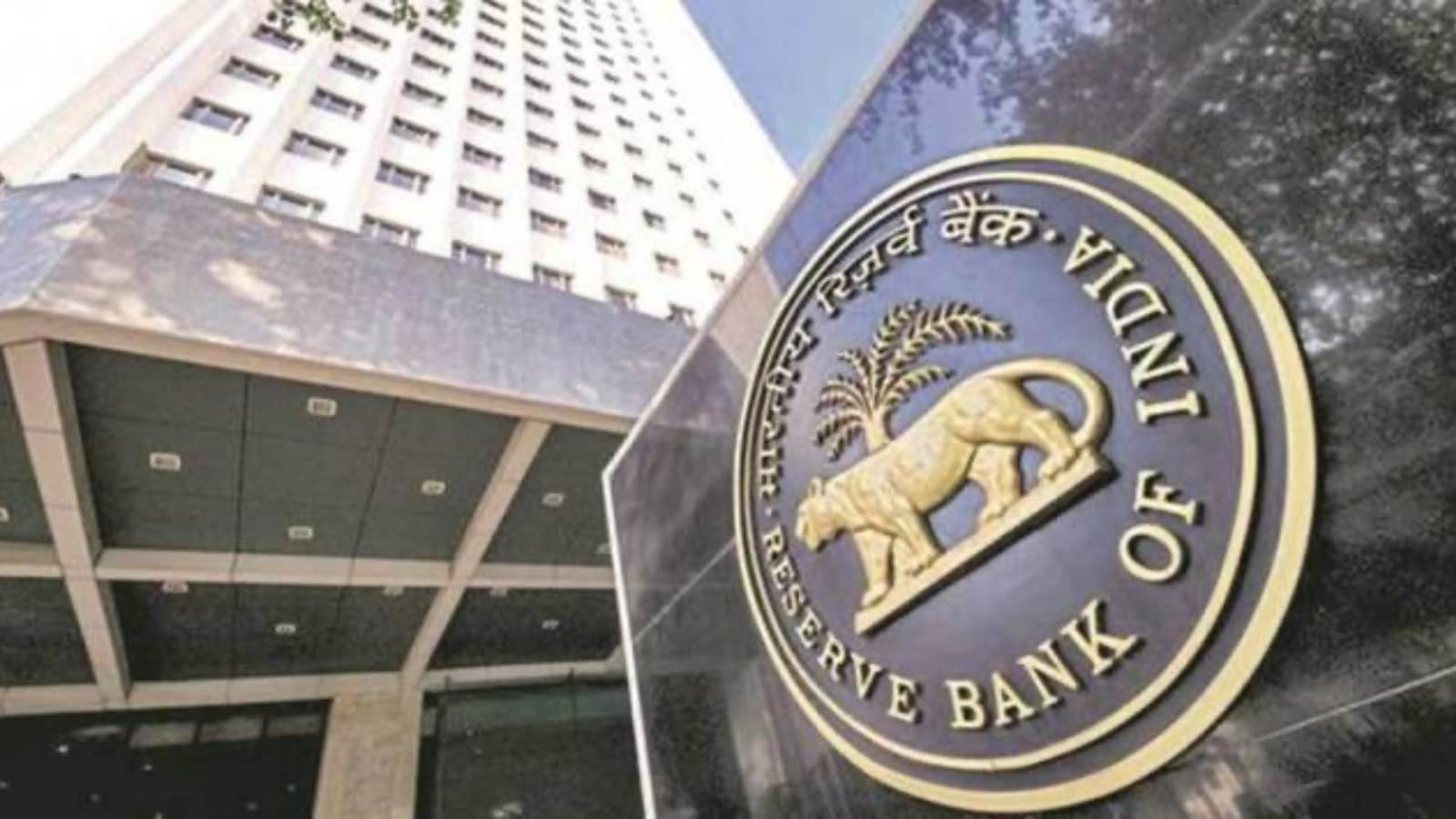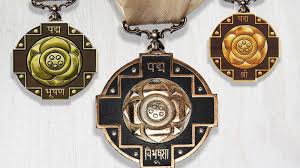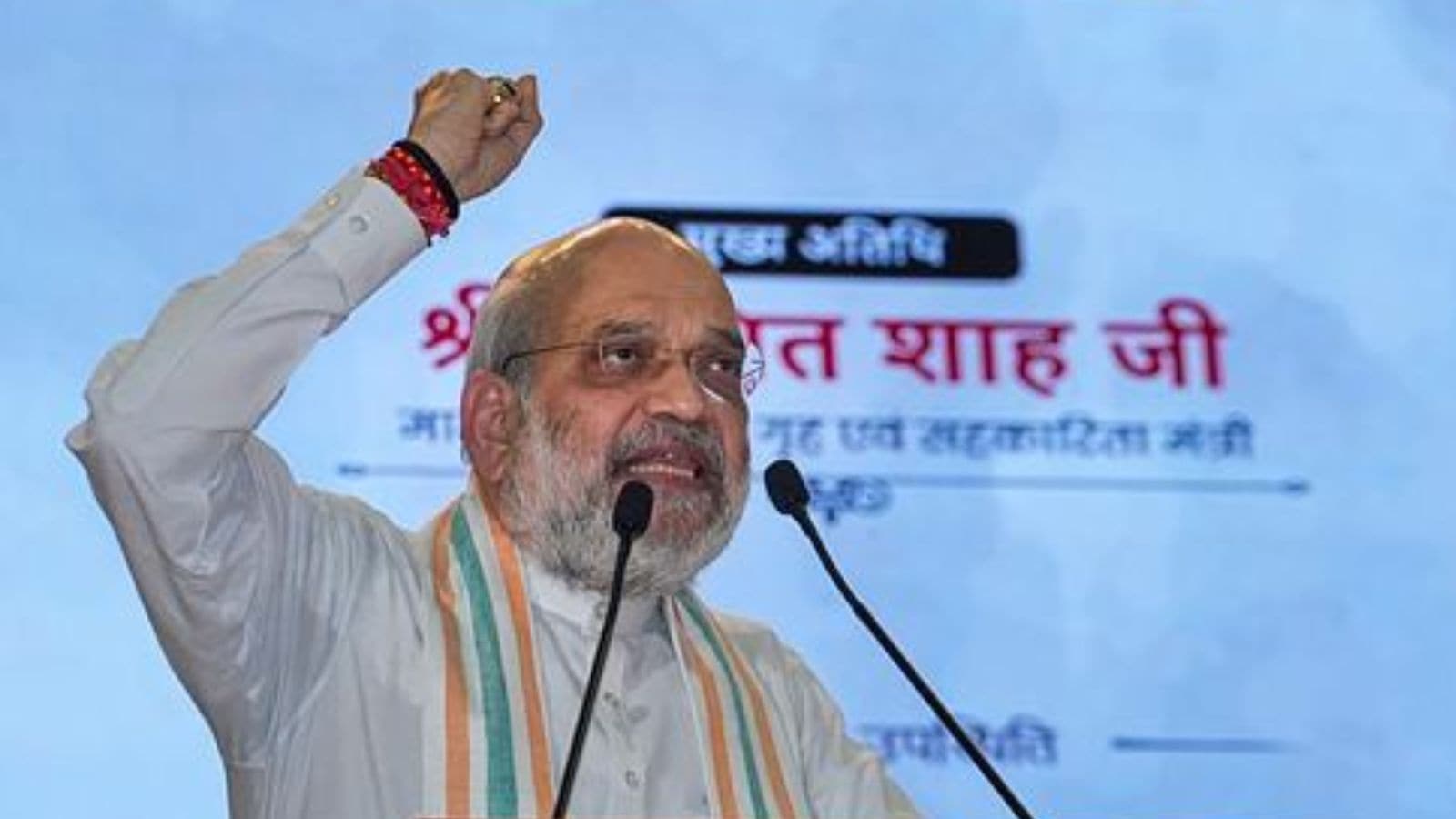Anuj Kumar Chaudhary from Ravilganj in Saran district of Bihar says that he has nine voters in his family. However, the booth-level officer (BLO), who is responsible for completing the special intensive amendment (SIR) exercise of voters on the ground, only gave the family two calculations that will now become the basis for exercising their right to vote.
He claims that the remaining seven forms were already uploaded online without their knowledge.
“I am one of some educated people in the Dalit community in my area, where barely 30-40% of the people have got calculations … Will presenting the form without documents will keep us in the final election role?” Asks Chaudhary. He is one of the 250 people in 14 districts who came to Patna on Monday for a public hearing on the head by a panel.
Panel was organized by Bharat Jodo Abhiyan, National Alliance of People’s Movement, Swaraj Abhiyan, Kosi Naviranman Manch, Summer Charitable Trust and John Aware Shakti Sangathan. Anjana Prakash (retired) on the stage was Anjana Prakash (former judge, Patna High Court); Wajahat Habibullah (former Central Information Commissioner and Chairman, National Minorities Commission); Professor Jean Draze (Economist); Professor Nandini Sundar (Sociologist, Delhi School of Economics), DM Diwakar (former Director, Ek Sinha Institute, Patna) and Bhanwar Meghwanshi (author).
Social activist and President of Swaraj India, Yogendra Yadav, who is one of the petitioners in the Supreme Court challenging Sir practice, was part of the audience.

As came to the incident with several issues like Chaudhary, to present the form to present the forms to submit the date of July 25 – to run the post to secure a document, to the costs spent to achieve the process, for difficulties in filling a form.
Phool Kumari Devi of Hasanganj in Katihar district says that she had to sell rice at home for this process.
The story continues below this advertisement
“I am a daily wage worker. I had to sell rice to bear the cost of photocopy of my Aadhaar card and I also had to pay 100 rupees to fill my form because I am illiterate. I had no documents other than Aadhaar. I could not earn for two days due to this unnecessary practice,” Goddess said.
Rajesh Kumar of Madhapura talks about washing the goods – including important documents – due to the recurrent flood in the Kosi belt.
“In our region, people have to cross a river to get a photocopy. Most of my villagers can present the form of calculations. But in most cases, they had only common cards and are not among the 11 documents prescribed for practice. We do not know how we will present the necessary documents when asked between August 1 and 31 August.”
Along with sharing a border with seven districts of Bihar, Nepal, an Araria resident talks about the concerns of non-Indians.
The story continues below this advertisement
“Someone I know from Nepal marries a man from Araria 20 years ago. He has voted in India in the last three elections. Now, he is being asked to bring his parents’ documents. According to the law, he will not be considered as an Indian citizen,” she says.
In short, the arguments say, Professor Drez says: “Most people talked about four things – Blos do not reach most of them, not giving them receipts, presenting forms without documents, and a large number of forms are being presented without the knowledge of voters.”
Yadav says: “The Election Commission of India (ECI) is accepting the form without one of the 11 documents, without modifying its order. When its original order asked the ‘duly-filled’ forms, it can attach the documents. It is now the only conscience of ECI. It is now ECI’s only discretion. Some areas and some communities are apprehensive SIR.
According to a sample survey conducted by an organization called Janumavai of over 300 migrants, 72% did not know what the head was, while 70% did not hear about the online application process.
The story continues below this advertisement
About 50% of them voted in Bihar 2020 assembly elections and 74% of them wanted to vote in the upcoming assembly elections.
(Tagstotransite) Bihar election




